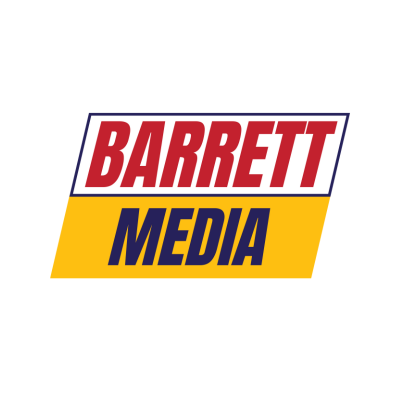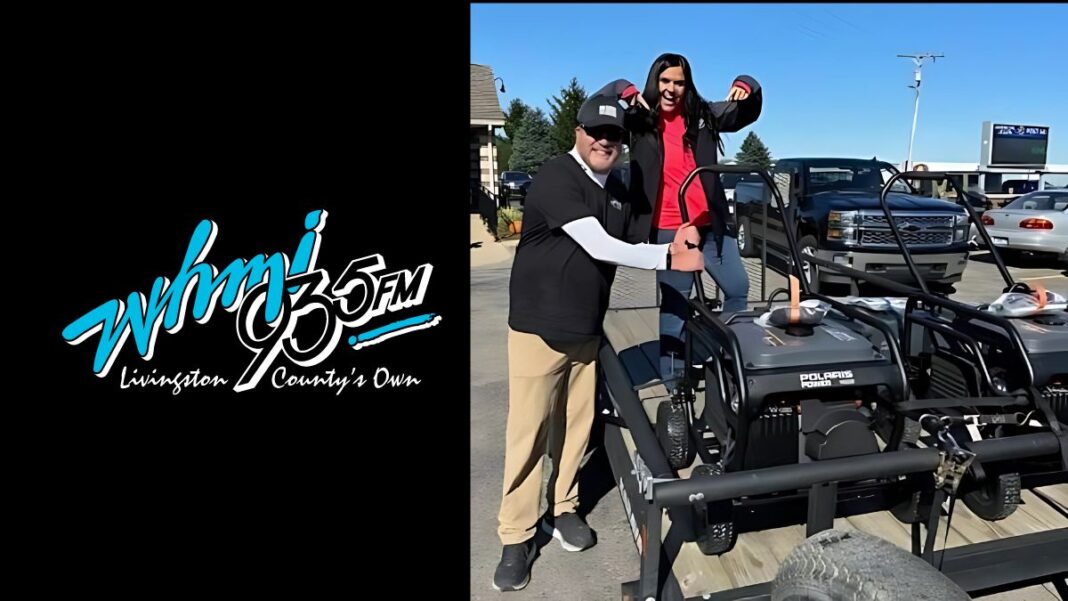Barrett Media produces over 20 stories per day on the music, news, and sports media industries. Stay updated on the latest happenings by signing up to receive our newsletters straight to your inbox.
FCC Commissioner Geoffrey Starks visited KADD and KXLI in Las Vegas to assess the implementation of ZoneCasting technologies during FM geotargeting’s trial period. The Commission granted approval for the use of hyper-localized content back in April.
KADD unveiled its plan to implement ZoneCasting, demonstrating a vision for tailored content delivery. In this setup, Las Vegas will function as a distinct zone, featuring its own primary signal and three boosters to distribute local content. Meanwhile, St. George, UT, will comprise another zone supported by four boosters dedicated to broadcasting area-specific content, operating independently from the Las Vegas signal.
During his visit, Commissioner Starks commended KADD for embracing technologies that provide opportunities to deliver community-specific content, particularly benefiting minority communities. He emphasized the significance of ZoneCasting technology in enabling broadcasters to tailor content and advertising to different geographical areas, highlighting its potential to serve underserved communities.
ZoneCasting is being utilized to provide Spanish-language programming to the local Hispanic community. Advocates, including the US Black Chambers, assert that geo-targeting enables stations to customize content for specific neighborhoods and languages, thereby improving audience involvement. On the opposing side of the argument, the NAB has voiced concerns that geo-targeting might have an adverse effect on advertising rates, particularly for minority and women-owned stations.
Since May, licensed FM stations have been granted the opportunity to seek experimental authority to transmit localized content on up to 25 FM booster stations for a period of one year, with the possibility of extensions. These booster stations are permitted to substitute the primary station’s signal with localized programming for a maximum of three minutes per hour, with no carryover of unused time.
Radio Activo Broadcasting PD Fabian Saldivar, “The increase in market coverage will allow our stations to better serve the growing Latino community in Southern Nevada. ZoneCasting gives us a competitive advantage, enabling us to reach underserved areas and customize marketing strategies to meet the specific needs of each community.”
The updated regulations also mandate boosters to adhere to the Emergency Alert System, guaranteeing the transmission of emergency alerts similar to those of their main FM stations. Additionally, boosters are required to prevent any interference with the primary station’s signal, with variations in programming not classified as interference.







